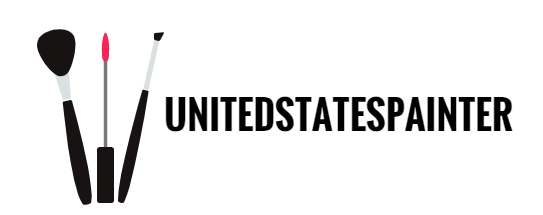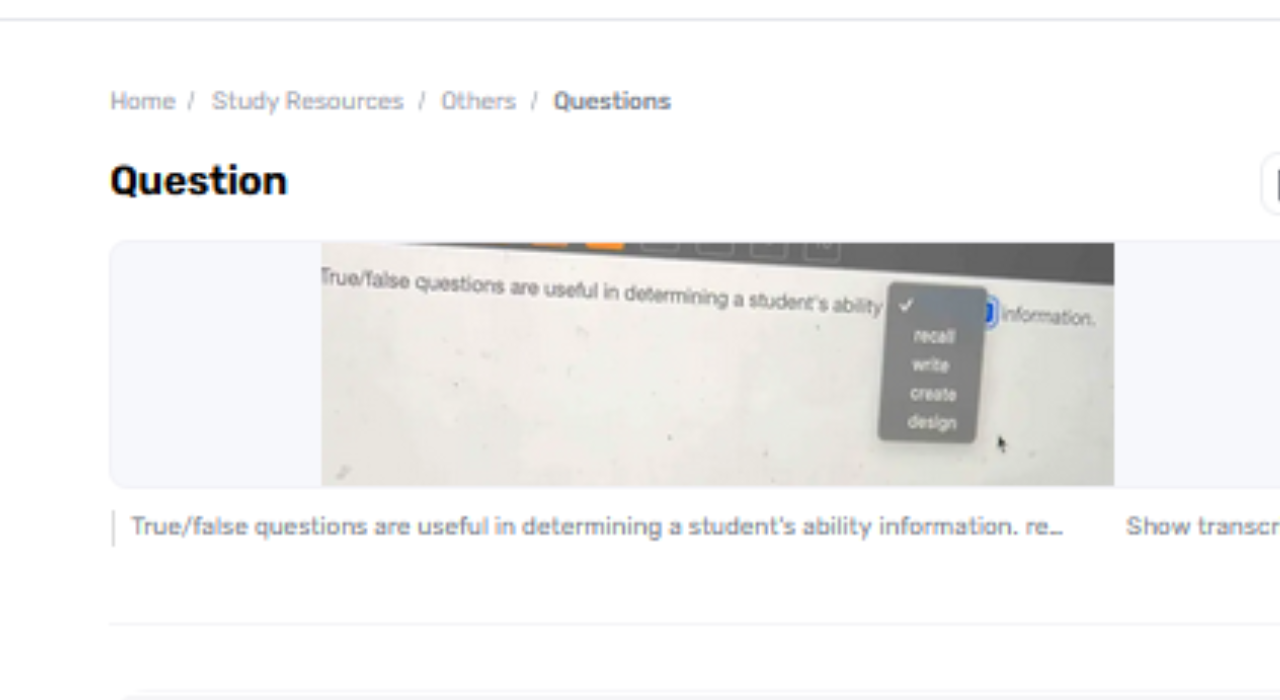True/false questions are a common appraisal device utilized in instructive settings to assess a student to get a handle on data. These questions, true/false questions are useful in determining a student's ability to information. They require understudies to decide the exactness of a given explanation and are esteemed for their effortlessness and effectiveness. Be that as it may, their adequacy in measuring a student's capacity to process and retain data could be a subject of wrangle about. This article investigates the different measurements of true/false questions, looking at their qualities and restrictions in evaluating students' understanding and cognitive abilities.
Assessing the Viability of True/False Questions in Surveying Understudy Understanding
True/false questions are esteemed for their productivity and effortlessness in testing fundamental information. They give fast input and permit self-assessment, making a difference in understudies distinguish regions of perplexity. Be that as it may, they may not viably degree more profound cognitive abilities or understanding, as they frequently depend on repetition and memorization and can be inclined to error and speculation. Hence, whereas valuable, they ought to be supplemented with other evaluation strategies.
Straightforwardness and Proficiency
One of the essential focal points of true/false questions is their effortlessness and effectiveness. They are directly to develop and score, permitting teachers to evaluate an expansive sum of substances rapidly. This productivity makes them especially valuable for covering wide points or checking on key concepts. For occurrence, in a history exam, true/false questions can rapidly gauge students' information of authentic truths and occasions. Their effortlessness also makes them open for understudies, diminishing the potential for equivocalness within the questions. In any case, this same straightforwardness can too be a restriction, because it may not completely capture the profundity of students' understanding.
Quick Input and Self-Assessment
True/false questions offer quick criticism, which can be useful for both understudies and teachers. For understudies, getting a moment comes about makes a difference in the rapidly distinguishing regions of disarray or misconception, permitting them to address these issues expeditiously. This quick criticism can improve learning and maintenance by fortifying adjusted data and rectifying misguided judgments. Also, true/false questions can encourage self-assessment, empowering understudies to gauge their information and status for more comprehensive assessments. Despite these points of interest, the input given is frequently constrained to whether the reaction was redressed or off base, without more profound bits of knowledge into the thinking behind the answers.
Primary Steps of Utilizing Gauth to Do Homework
1. Input the Issue or Inquiry
Start by entering the particular homework issue or address into Gauth. This may be done by writing the issue directly or uploading relevant archives. Guarantee that the issue is clearly expressed and point by point to get exact and significant help. Gauth will analyze the input to supply the foremost fitting offer assistance or arrangement.
2. Review Step-by-Step
Arrangements and Clarifications Once Gauth forms the issue, audit the step-by-step arrangements and clarifications given. This feature makes a difference you get the method of tackling the issue, counting any basic concepts or strategies utilized. Pay near consideration to these points of interest to get a handle on the fabric altogether and learn the right approach to comparable issues within the future.
3. Practice and test
Understanding Utilize Gauth intelligently components, such as tests or extra hone issues, to test your understanding of the fabric. Lock in with these assets to fortify the concepts learned and assess your comprehension. Reassess any regions of trouble with Gauth extra clarifications or assets to guarantee a strong handle.

In conclusion
Whereas true/false questions offer simplicity, efficiency, and prompt criticism, they have restrictions in evaluating a student's capacity to prepare and hold data comprehensively. They are successful in testing fundamental genuine information and giving speedy evaluations but may drop brief in assessing more profound understanding and cognitive abilities. The potential for distortion and speculation encourages challenges to their adequacy as a sole degree of a student's information. For a more exact appraisal of learning, true/false questions ought to be utilized in conjunction with other sorts of questions that test a more profound understanding and application of information.


